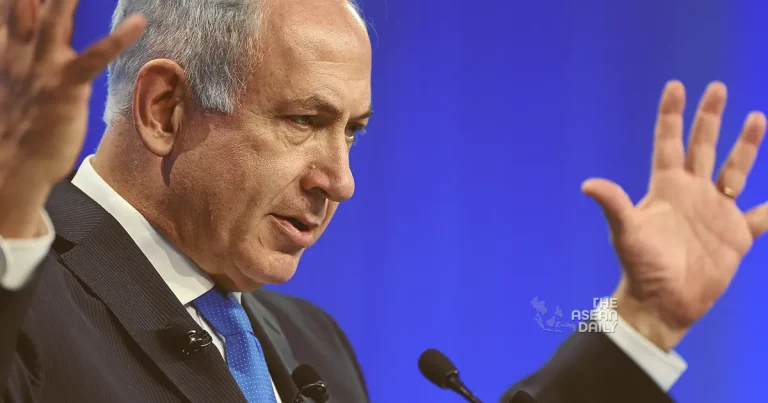8-8-2024 (TEL AVIV) The appointment of Yahya Sinwar as the new leader of Hamas has further inflamed tensions in the Middle East, with Israel publicly declaring its intention to eliminate the alleged mastermind of the October 7 attack. This development comes as the Gaza conflict enters its eleventh month, raising concerns about potential escalation in the region.
Israeli Prime Minister Benjamin Netanyahu, addressing new recruits at a military base on Wednesday, emphasised the nation’s readiness to defend itself. “We are prepared both defensively and offensively,” Netanyahu stated, highlighting the heightened state of alert following recent events.
Army Chief Lieutenant General Herzi Halevi was more explicit in his intentions towards Sinwar, vowing to “find him, attack him” and force Hamas to seek new leadership. Sinwar, who has led Hamas in Gaza since 2017, has not been seen publicly since the October 7 attack, which was the deadliest in Israel’s history.
The selection of Sinwar as Hamas’s new overall leader follows the killing of his predecessor, Ismail Haniyeh, in Tehran last week. A senior Hamas official, speaking to AFP, framed Sinwar’s appointment as a message that the organisation “continues its path of resistance”.
Analysts suggest that Sinwar’s leadership could signal a more hardline approach from Hamas. Rita Katz, executive director of the SITE Intelligence Group, commented, “If a ceasefire deal seemed unlikely upon Haniyeh’s death, it is even less likely under Sinwar.” This assessment is based on Sinwar’s perceived reluctance to agree to a Gaza ceasefire and his closer ties to Tehran compared to Haniyeh.
The appointment has been met with unease by civilians on both sides of the conflict. Mohammad al-Sharif, a displaced Gazan, expressed concern about the prospects for negotiations, given Sinwar’s reputation as a fighter. In Tel Aviv, logistics company manager Hanan viewed the appointment as indicative of Hamas’s continued militant stance.
Meanwhile, the broader regional context remains tense. Hezbollah, Hamas’s Lebanese ally, has pledged to avenge the deaths of Haniyeh and its own military commander, Fuad Shukr, who was killed in an Israeli strike in Beirut. Hezbollah leader Hassan Nasrallah warned of retaliation, potentially as part of a unified response from Iran-backed groups in the region.
The United States has urged both Iran and Israel to avoid escalation, with Secretary of State Antony Blinken emphasising the importance of diplomatic efforts to prevent further conflict. President Joe Biden has engaged in discussions with several regional leaders to address the situation.
The international community has expressed concern over the potential for wider conflict. The Organisation of Islamic Cooperation condemned the killing of Haniyeh as a “serious infringement” of Iran’s sovereignty, while a Saudi diplomat described it as a “flagrant violation”.




